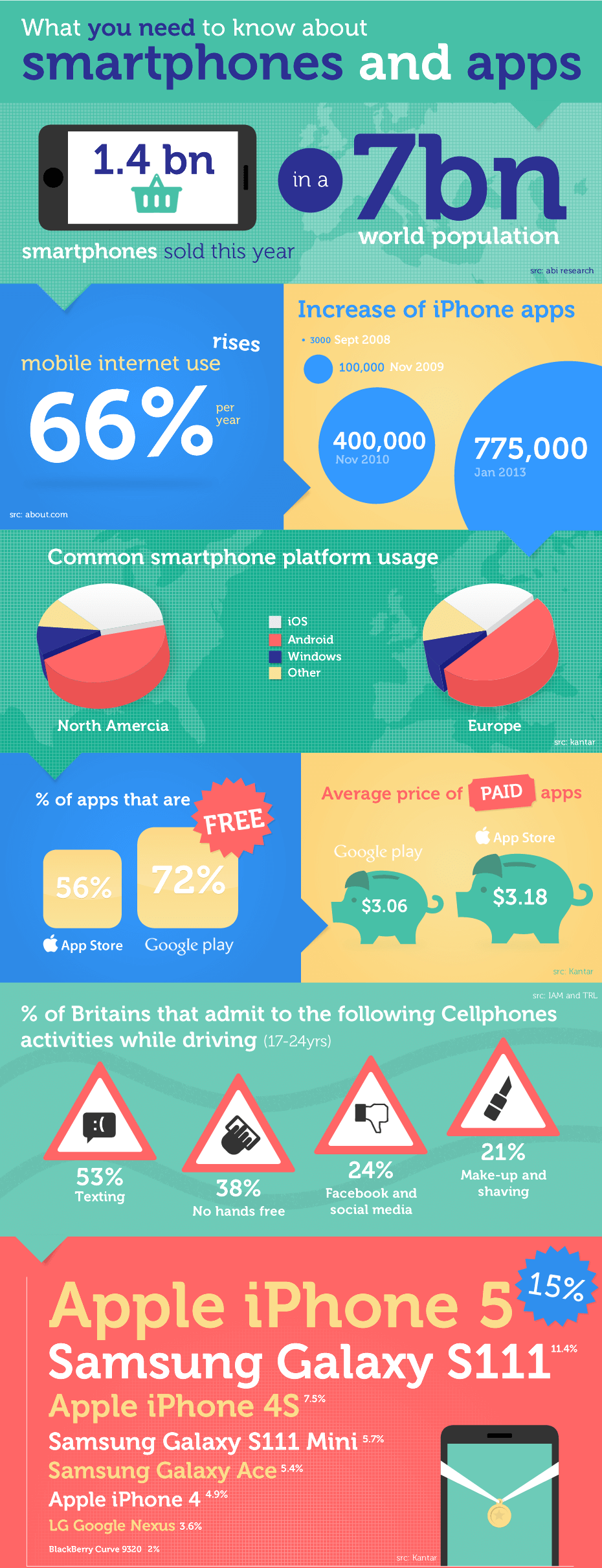Are you developing an application? Don’t you know what must be considered before starting?
Let’s start with an example – You have an idea to develop an application but you don’t know whether it actually will get good response from users or not. The first step is that your idea should be unique that has never been implemented previously.
Even if you develop an app that has never been developed, what is the guarantee that users will download and use? Even if they download what are the possibilities of using your app in a right way?
Don’t worry, here are the few strategies, if you follow these strategies before starting an app, you will surely succeeded.
Let’s take a look on strategies that should be considered:
1. Target
You should know who you are targeting. Suppose you are going to develop an application related to education then you should categorize education levels into different groups based on their ages and education level. So it is easy for the user to select right option in your app based on his/her education level. So know who you are targeting.
2. Speed
Your app should respond as quickly as possible. If it’s showing waiting or loading user will be irritated. No one wants slow apps. Suppose, user wants to check movie tickets availability and app is taking more time to show results, when your results are displayed finally, it shows all tickets are sold; because of time constraints what you will do? Obviously, next time you will go for other alternatives. So, speed should be considered important while developing an app.
3. Number of downloads
Always focus on developing something that can be used by almost everyone. You never want to create an app that has a limited usage to a specific class, rather focus on making it more public and something that is used by all. With that, also make sure you’re your app has that extraordinary feature that compels users to start using it, the moment they download it.
4. Include Social media
Connecting your app with social media has one biggest advantage, which might not be wise to avoid. If you integrate your developed app with social media such as Facebook, Twitter, or LinkedIn, then more social media users will know there is such an app that exists, leading to more downloads.
5. Competition
Your app should compete with other play store apps. So you should think about, how do you develop an app which is different from others and why users should download this. Suppose if you are developing an ecommerce application, try to automate some features like auto filling data, OTP entering etc. So that it would be easy for users would feel less trouble and will get a good impression of an app.
6. Make it simple and avoid loads of features
If you are planning to load your app with way too many features, then it is not a good idea. You don’t want a unique features that can turn out to be bad. You don’t want users to give feedback that it is “messy”, “too much to do”, “still discovering its features”, “didn’t understand the app completely even after a month of download” etc. Instead go with easy features or user friendly features, which would compel users to use your app. Surely you want to see good reviews on the review page.
7. Add customizing feature
Users love customizing features. Adding a few customizable features will make your app more appealing in comparison to an app that cannot be customized. Users should be capable of getting everything they choose, even if it’s an app. In fact, a customizable app are more in demand.
Mantra Labs deep dives into latest trends and innovations in the Web, Mobile, Enterprise and Internet of Things space. The insights generated from these studies helps us provide more value for our clients.
Guest Blog by Ravi Teja – our rockstar Android developer.
Related:
Knowledge thats worth delivered in your inbox











